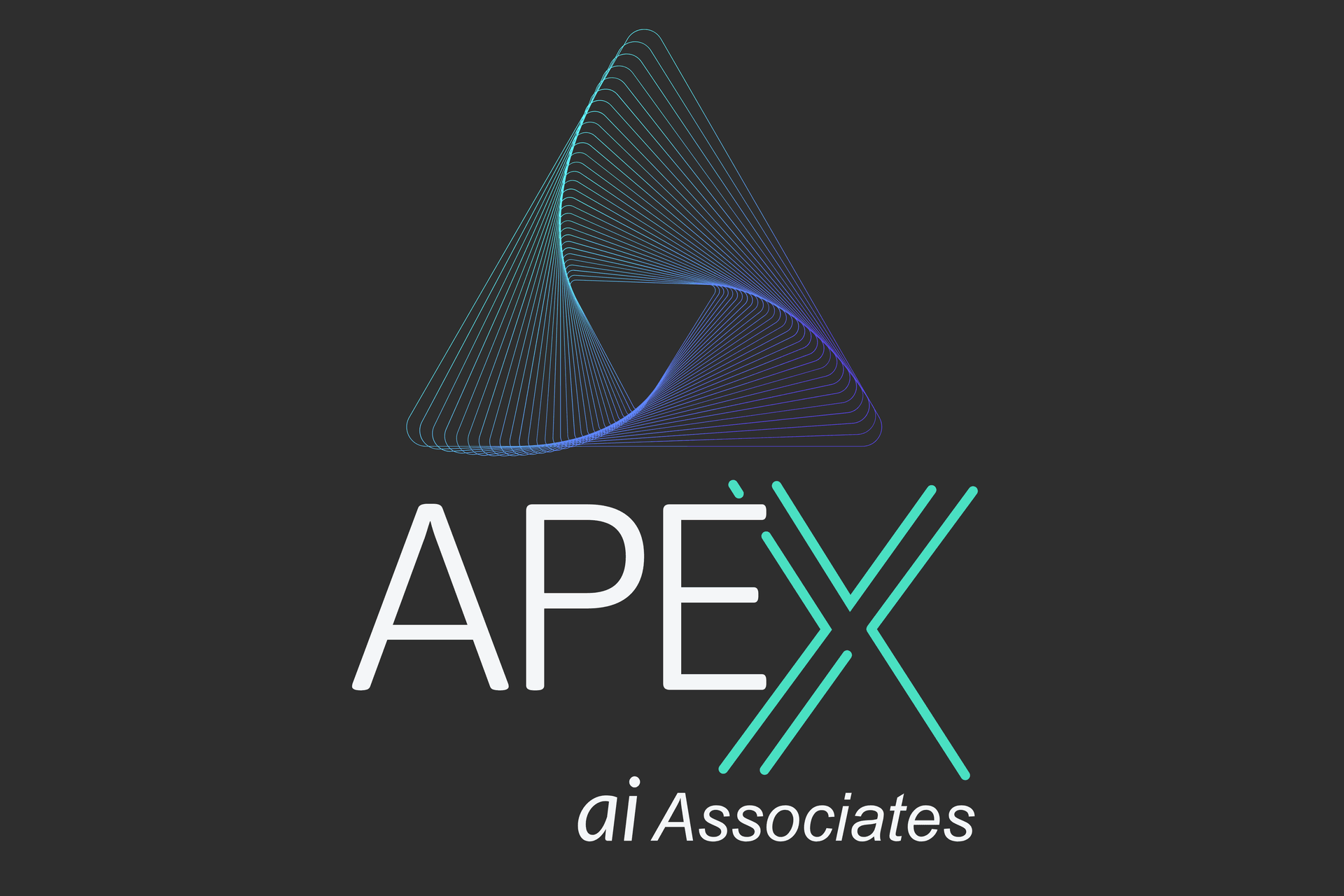Future Trends in AI: What Businesses Need to Prepare For
Understanding the Growing Influence of AI
Artificial Intelligence (AI) is no longer a futuristic concept; it is a present-day reality reshaping industries and transforming how businesses operate. From automating mundane tasks to providing actionable insights, AI is driving efficiencies across sectors. As AI technology continues to evolve, businesses must adapt to its latest trends to remain competitive and innovative.

The Rise of AI-Driven Personalization
In the age of digital marketing, personalization has become crucial for capturing customer interest. AI's ability to analyze vast datasets allows businesses to offer highly personalized experiences. Companies can now tailor their products, services, and marketing strategies to individual preferences, enhancing customer satisfaction and loyalty. This trend emphasizes the importance of data collection and analytics in crafting a personalized customer journey.
AI and Automation: Streamlining Operations
Automation through AI is revolutionizing operational efficiency. Businesses are increasingly deploying AI-powered tools to automate repetitive tasks, reducing human error and freeing up employees for more strategic activities. From chatbots handling customer inquiries to AI systems managing supply chains, automation is set to become even more integral to business operations.

Enhancing Decision-Making with AI
AI is transforming decision-making processes by providing data-driven insights and predictive analytics. Businesses can leverage AI algorithms to forecast market trends, optimize pricing strategies, and detect potential risks. By harnessing this technology, companies can make informed decisions faster and with greater accuracy, giving them a significant edge over competitors.
AI in Cybersecurity
As cyber threats evolve in complexity, AI is becoming an essential tool for cybersecurity. AI systems can detect anomalies and potential threats in real-time, offering faster and more effective responses than traditional methods. Businesses must integrate AI into their cybersecurity frameworks to protect sensitive data and maintain customer trust.

Preparing for Ethical Challenges
With great power comes great responsibility. The deployment of AI systems raises ethical questions regarding privacy, bias, and transparency. Businesses need to establish ethical guidelines and ensure their AI applications are fair and accountable. Emphasizing transparency in AI operations will be vital in building consumer trust and ensuring compliance with regulatory standards.
AI and Workforce Transformation
The integration of AI is also redefining the workforce landscape. While AI can enhance productivity, it may also lead to job displacement in certain sectors. Businesses should focus on reskilling and upskilling their employees, preparing them for roles that require human creativity, critical thinking, and emotional intelligence—skills that AI cannot replicate.

Investing in AI for Future Growth
For businesses seeking sustained growth, investing in AI technologies is no longer optional but necessary. Keeping abreast of AI advancements and understanding their implications will be crucial in navigating future challenges and opportunities. Those who strategically embrace AI will be well-positioned to lead in their respective industries.
By preparing for these future trends in AI, businesses can not only survive but thrive in the rapidly changing technological landscape. The key lies in proactive adaptation, continuous learning, and a commitment to ethical use of AI technologies.
